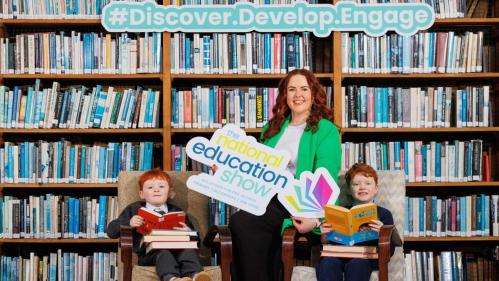The beginning and end of the school day
The start of the school day can be a rush for everyone and there is a lot more organisation required now that your child is in secondary school then there was at primary school. It’s important to establish a routine in the morning and evening as this will help start the day with the least amount of stress.
Tips ro start the day on a positive note
Encourage your child right from the beginning to pack their schoolbag and lay out their uniform before going to bed each evening.
Try to ensure that your child eats breakfast; this provides them with the required energy to make sure that they perform well at school.
Allow plenty of time in the morning for your child to get to school, always allow yourself a few extra minutes for transport time to ensure you won't be late.
Check each evening for letters that have been sent home or diaries that might need signing as this will help early morning panic or items being completely forgotten.
Helping with homework
Your child will have a lot more independence at secondary school than at primary school but it’s important that you still show an active interest and keep up to date with how he is getting on.
Chat to your child about what they are learning at school, children enjoy sharing new information. Find topics you have a shared interest in so it feels like a causal chat.
Ask your child if he needs any help with a particular aspect of his homework. Help him to organise his workload.
The following is a general guide as to how long your child should be spending on homework in secondary school:
|
1st and 2nd Year
|
45 to 90 minutes a day
|
|
3rd Year
|
60 to 120 minutes a day
|
|
5th and 6th Year
|
150 to 180 minutes a day
|
Other ways to support your child's learning
You might not be reading to your child as you did when he was in primary school but you can encourage a love of reading. Have conversations with your child about the books that you are both reading, what types of books he enjoys and what books he might like for, say a birthday present. Go to the library together and look online at book reviews for new authors and titles.
Encourage an interest in current affairs, watch the evening news together and encourage an interest in reading a newspaper once or twice a week. News topics can relate to lesson topics and can even help with homework.
If you are planning a day trip, consider visiting a museum, exhibition or gallery that will tie in with what subjects your child is doing such as art, English, history, science or geography.






